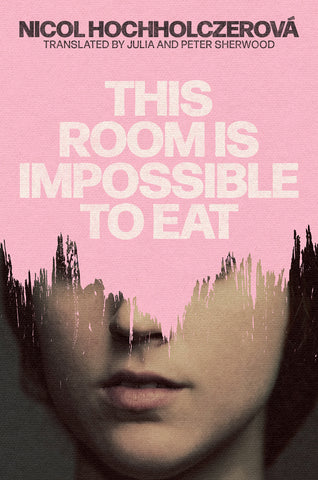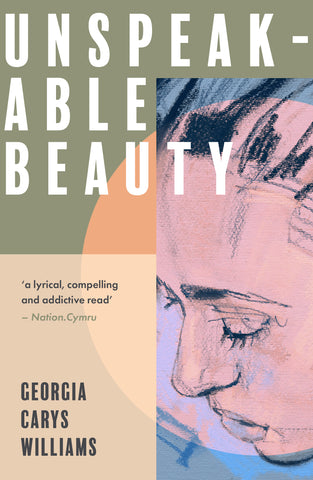Morning. Lush weather.
Parthian are sending us out on yet another exotic trip – the next date on the last polar bear on earth tour is tomorrow night at Ye Olde Murenger House, Newport, and it kicks off at 7.30PM.
Pontypridd, Cardiff, Neath, Swansea and now Newport – I’m living the dream. In all fairness, I did spend a month in Sweden a few weeks ago, so I’m not complaining.
In Newport I’m sharing the bill with Mari Ellis. I met Mari a few years ago now through the Terry Hetherington Young Writers Award. She won first prize in the competition and I won second (a scandalous decision, if you ask me).
We both won those prizes with our short stories. Mari's was about a dolphin and mine was about some old ladies exercising, so maybe that’s why she won first and I won second – everyone loves a dolphin. Old ladies sweating – not so much.
It was a long time ago anyway and I've forgiven her for snatching the prize money from my grasp, and I'm looking forward to our event, this time reading our poetry. Mari’s collection, Salacia, is available to buy here and she kindly took some time out from spending her prize money to write this piece about mental health and her poetry, especially for my blog.
Over and out.

On saltwater, agitation and poetry
The first time I wrote a poem detailing my inner turmoil, I was thirteen. I’d been living for some time in a shadowed place, shrouded in a particularly heavy darkness, pushed back and forth between CAMS and the school counsellor, and told repeatedly that I was suffering from your typical teenage angst.
I started scrawling poetry whenever I felt the need to vent – typing it out, sharing it online, scratching it on tables, cutting it in to my arms, inking it on my school books (there was trouble for that!). The poetry was crap, but it was my way of expressing myself, of communicating from beneath my cloak of melancholy. I had a Moleskine full of poems and drawings, which I’d cart around everywhere, attached to it in the same way most teenagers are to their mobile phones.
As there will inevitably be in life, there have been ups and downs in the years between then and now – deep depression; recovery; university; new friends; a relapse; a Masters degree; a new country; friends lost; marriage; friends gained; adventure, and a new poetry collection, which I’ve called Salacia.
The poems in the collection are usually rooted in Welsh wild spaces and mythology, but encompass a wide a range of subject matter, from fairy tales to marginalised literary figures, the natural world and, of course, mental health. There are poems about relapsing, waking up to find that depression is back again in the form of an old and emaciated friend, poems about the physical manifestation of mental ill health, and poems about medication. There are also poems about recovery – about falling in love, laughing, dancing and the ocean.
When I wrote a poem about Salacia, the Roman Goddess of the Sea, she became a symbol of resistance somehow. I often find myself revisiting and retelling the stories of marginalised figures throughout history and literature – Blodeuwedd, Gwen ferch Ellis, Curly’s unnamed wife in Of Mice and Men – and exploring their circumstances from a new standpoint.
As the story goes, Neptune wanted to marry Salacia, but she was supposedly in such ‘great awe’ of her suitor, and so determined to preserve her virginity, that she fled, hiding in the Atlantic Ocean. The grieving Neptune then sent a dolphin to search for her, and persuade her to return and share his throne.
I find this story quite troubling – despite the declarations and depictions of committed and consensual love between the Roman God and Goddess of the sea, the story can also be read as a disturbing tale of pursuit and even violence. To me, Salacia is a feminist icon, the mother of the sea, aligned with saltwater, the moon and the tide. She is the calm, sunlit aspect of the ocean as well as the raging, gushing and overflowing waters. In this instance, she becomes a metaphor for the overcoming of mental ill health – victimised but rising above, channelling her rage to quell tides and move mountains. She is the strength in all of us. The strength to rise up.
With Salacia, and many other great women, at the helm of this collection, I’m hoping to open up a conversation about mental health, about depression, anxiety, OCD, loss and the darkness that can plague us all sometimes, in the only way I know how – through poetry.
Salacia is available to order now, alongside That Lone Ship, The Way Out and the last polar bear on earth. Come and see Rhian and I in Ye Olde Murenger in Newport on September 19th – it’s not all doom and gloom, I promise!



